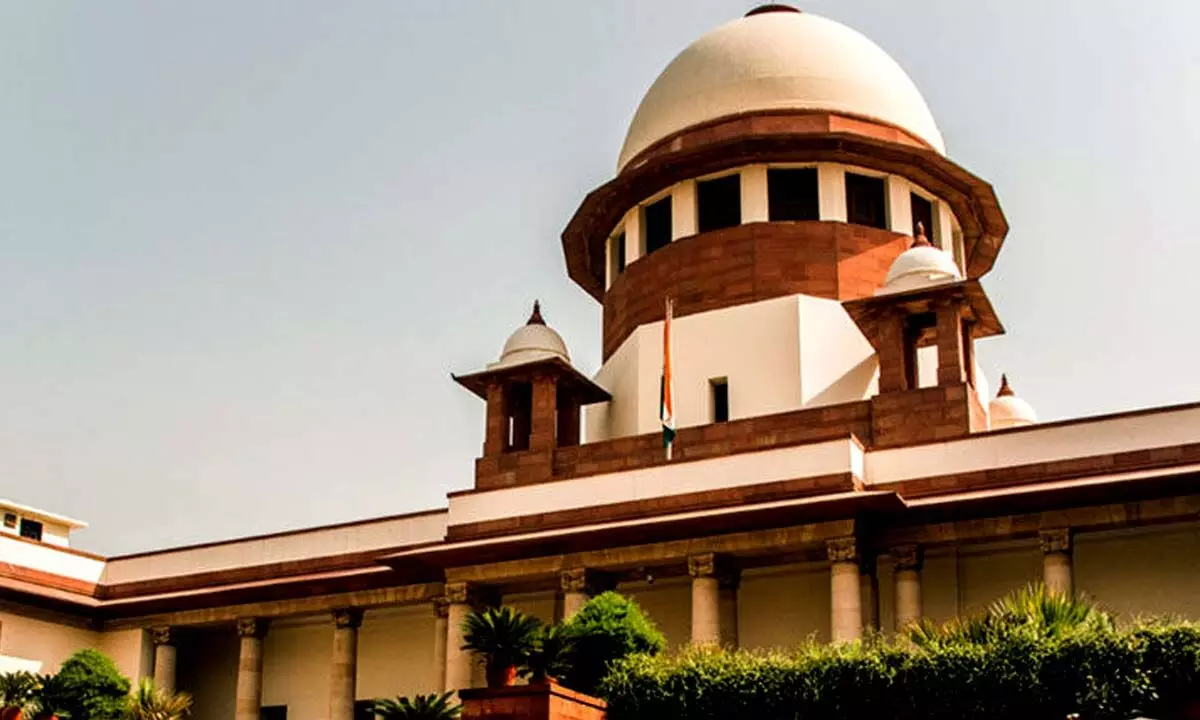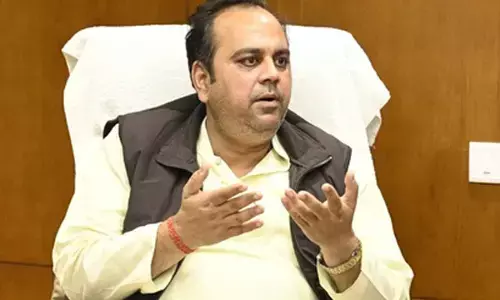Mere breach of contract would not attract criminal prosecution, says Supreme Court
Share :

Supreme Court of India
Quashing an FIR arising out of a dispute related to payment of money, the Supreme Court has reiterated that a mere breach of contract by one of the parties would not attract criminal prosecution in every case.
New Delhi: Quashing an FIR arising out of a dispute related to payment of money, the Supreme Court has reiterated that a mere breach of contract by one of the parties would not attract criminal prosecution in every case.
A Bench of Justices Sudhanshu Dhulia and Prasanna B. Varale was dealing with a criminal appeal filed by two officials of a bicycle manufacturing company against whom an FIR was filed in 2017 under Sections 406 (criminal breach of trust), 420 (cheating) and 506 (criminal intimidation) of the IPC, at Bengaluru Rural’s Doddaballapura Police Station.
The complainant – who handled a contract for the assembly of bicycles, their transport and delivery – alleged that he was paid only Rs.35,37,390 against an invoice of over Rs. 1 crore.
The accused-appellants contended that the FIR primarily involves a civil dispute and the entire criminal proceedings initiated against them were nothing but an abuse of the process.
In its verdict, the apex court said that the dispute as to how many bicycles the complainant had assembled and the amount liable to be paid is a “civil dispute”.
The complainant has not been able to establish that the appellants’ intention to cheat him was there right from the beginning, it added.
“We are of the considered view that this is a case where the inherent powers should have been exercised by the High Court under Section 482 of the Criminal Procedure Code as the powers are there to stop the abuse of the process and to secure the ends of justice,” said the Supreme Court.
Earlier in 2020, the Karnataka High Court had dismissed the petition under Section 482 of the Criminal Procedure Code for quashing the FIR.
Refusing to accept the contention that the dispute between the parties in any case was civil in nature, the High Court had held that prima facie a case of cheating was made out against the appellants.
In its 2015 ruling in Vesa Holdings (P) Ltd. vs State of Kerala case, the apex court had held that every breach of contract would not give rise to the offence of cheating, and it is required to be shown that the accused had fraudulent or dishonest intention at the time of making the promise.









